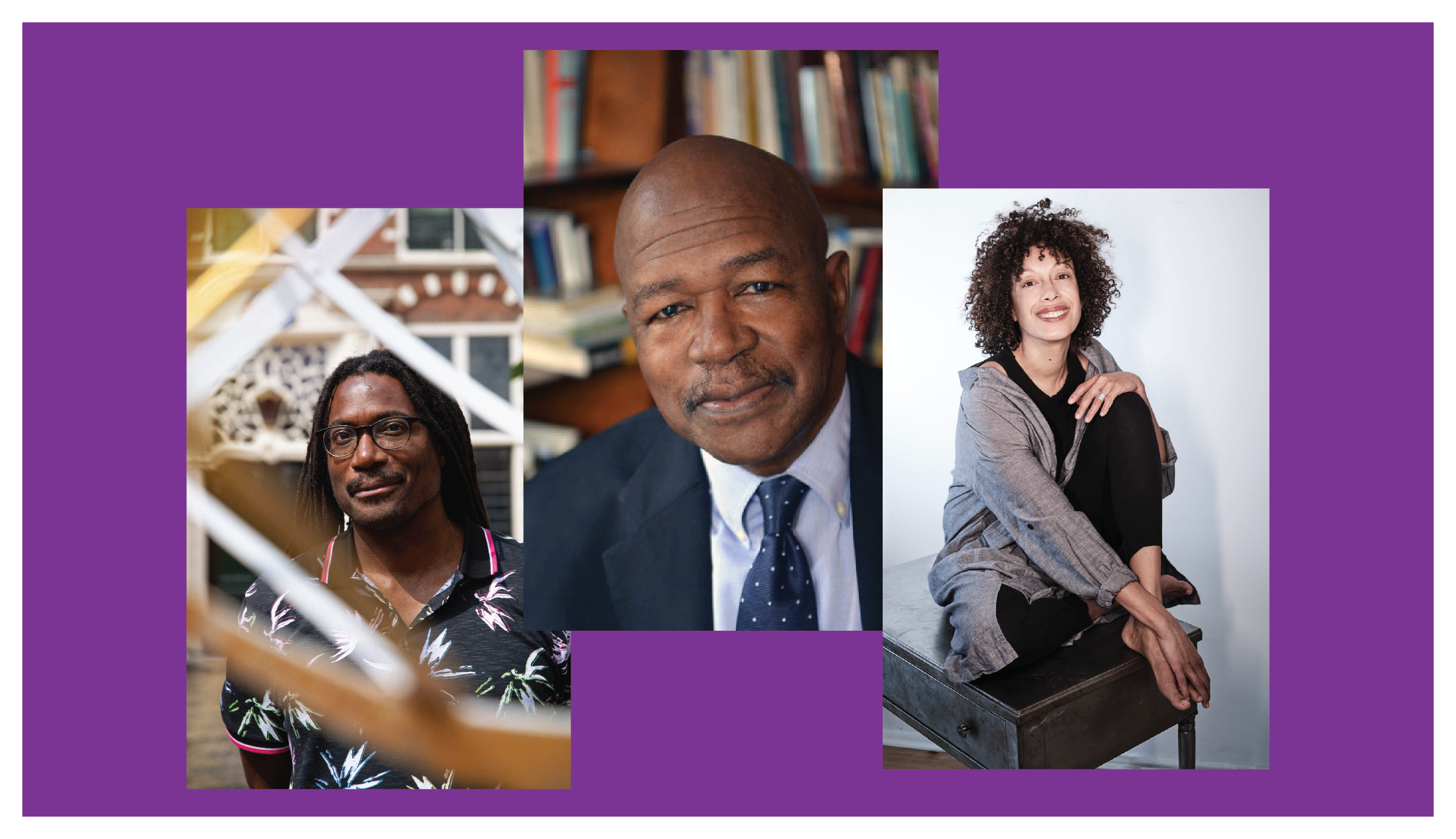Dancing About Architecture: Navigating Symbolic Racism in Theater, Sport, and Culture

Elijah Anderson, author of the newly released, Black in White Space: The Enduring Impact of Color in Everyday Life, Provost's Postdoctoral Scholar at USC Annenberg and U.S. Sports Envoy for Skateboarding and Visiting Fellow in Race, Culture & Community Dr. Neftalie Williams, and renowned dancer and choreographer and assistant professor of physical-theatre at Montclair State University, Stefanie Batten Bland will have a candid conversation on the nuances of race in physical spaces, moderated by YSC Associate Artistic Director Jennifer Harrison Newman.
With a focus on the juxtaposition between behavior and place, panelists will discuss power shifts, the dynamics of Black bodies in white spaces, the complexities of the Black middle class, pop culture, behavior within spaces and places, code-switching and much more.
"Many neighborhoods, schools, workplaces, universities and other public spaces remain overwhelmingly white. Black people perceive such settings as the 'white space,' which they often consider to be informally 'off limits' to them," said Anderson, who is also the Yale Sterling Professor of Sociology and African American Studies.
Despite the growth of an enormous Black middle class, many whites assume that the natural Black space is what Anderson calls the "iconic ghetto"—the symbol of that destitute and fearsome locality so commonly featured in the media. "White people typically avoid Black space, but Black people are required to navigate the white space as a condition of their existence," Anderson said. "Stereotypes can rule perceptions, creating a situation that can estrange the Black person, often burdening them with a negative presumption he or she must disprove before being able to establish trusting relations with others."
In contrast, pop culture and sports spaces that have commercialized the 'iconic ghetto,' often demand a person fulfill and perform an idealized version of Blackness" for non-white voices to be heard.
“Constantly navigating others' expectations to access resources has real-world implications on people of color's mental health and safety. Everyone searches for a place where their authentic self might be recognized," said Williams. "My research shows that action sports, specifically skateboarding, are among those places. People of color have helped shape skateboarding culture by bringing their experiences, music, history, and vision into the sport since the 1970s. Their exploits working alongside their white counterparts offer new models of power and allyship, which we all should adopt. How do we draw from their actions to develop a more inclusive environment in sport, culture, and policy that allows all people to thrive?"
Batten Bland notes that the U.S. is one of the only places where people identify themselves primarily by color not geography, noting that the time is now for open discussion and breaking racial boundaries. "There needs to be new solutions to remove the siloes that exist not just within the theater and certain art forms like ballet and dance-theatre, but also in academics and specialized professions. As the U.S. becomes more diverse, we are in a unique moment where we can create models to combat systemic racism and blur the lines of space where we all belong," she added.
This event is open to asymptomatic vaccinated and boosted audience members only. Please bring your COVID 19 vaccination card or a clearly legible photo of your vaccination card on your phone and a photo ID. Front of House staff will be checking tickets, IDs, and proof of vaccination.
Yale Students
After attending this event, head over to the Rose Alumni House for the silent disco. YAFSA's got the headphones. You bring your moves.


